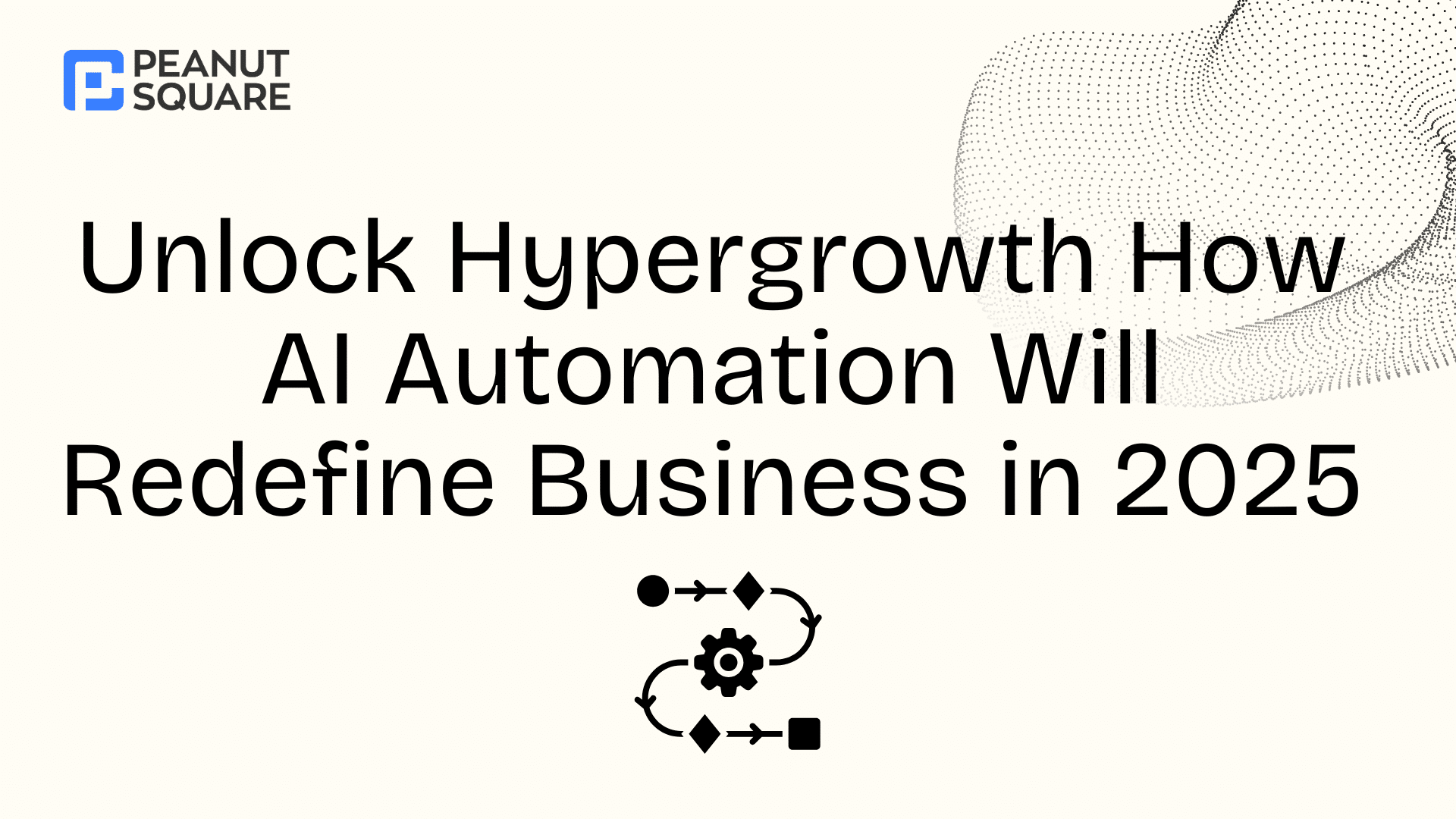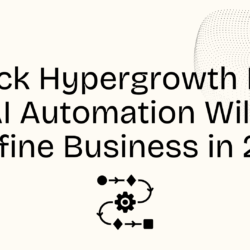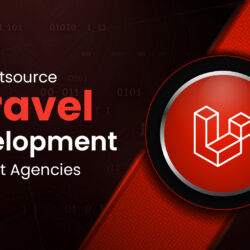Unlock Hypergrowth How AI Automation Will Redefine Business in 2025

28 October
Unlock Hypergrowth How AI Automation Will Redefine Business in 2025
Imagine a world where tedious tasks vanish, innovation accelerates, and growth explodes. That’s the promise of AI automation, and it’s not a distant dream—it’s the reality shaping businesses right now. By 2025, companies that strategically embrace AI automation will be the ones leading their industries, leaving behind those stuck in outdated processes.
Table of Contents
The Rise of AI Automation: A New Era of Efficiency
AI automation is no longer a futuristic concept; it’s a present-day necessity for businesses aiming to stay competitive and scale effectively. It involves using artificial intelligence to automate tasks that typically require human intelligence, such as data analysis, customer service, and decision-making. The integration of AI into these areas creates streamlined workflows, reduces operational costs, and unlocks unprecedented levels of efficiency.
Why AI Automation is Critical for Future Success
Organizations face increasing pressure to optimize operations, enhance customer experiences, and drive growth. AI automation addresses these challenges head-on by providing solutions that are faster, more accurate, and more scalable than traditional methods. Businesses that adopt AI automation will be better positioned to adapt to market changes, capitalize on emerging opportunities, and achieve sustainable hypergrowth.
Key Areas Where AI Automation Will Transform Business
AI automation is set to revolutionize virtually every aspect of business operations. From marketing and sales to finance and human resources, the applications of AI are vast and transformative.
– Customer Service: AI-powered chatbots and virtual assistants provide instant, personalized support, enhancing customer satisfaction and freeing up human agents to handle complex issues.
– Marketing and Sales: AI analyzes customer data to create targeted marketing campaigns, personalize product recommendations, and automate sales processes, leading to higher conversion rates and increased revenue.
– Finance: AI automates financial reporting, fraud detection, and risk management, improving accuracy and compliance while reducing operational costs.
– Human Resources: AI streamlines recruitment, onboarding, and employee training, enhancing productivity and reducing administrative burdens.
– Supply Chain Management: AI optimizes inventory management, demand forecasting, and logistics, ensuring efficient operations and minimizing disruptions.
Unlocking Hypergrowth with AI Automation: Strategies and Examples
To truly unlock hypergrowth, businesses need to implement AI automation strategically and effectively. This involves identifying key areas for automation, selecting the right AI tools and technologies, and ensuring seamless integration with existing systems.
– Data Analysis: AI algorithms can process vast amounts of data to identify trends, patterns, and insights that would be impossible for humans to detect. This data-driven decision-making leads to more effective strategies and better outcomes.
– Predictive Analytics: AI uses historical data to predict future outcomes, enabling businesses to anticipate market changes, optimize resource allocation, and mitigate risks.
– Process Optimization: AI identifies bottlenecks and inefficiencies in existing processes and automates tasks to streamline workflows, reduce errors, and improve overall productivity.
For example, imagine a retail company using AI to analyze customer purchase data. The AI identifies a trend: customers who buy product A are also likely to buy product B. The company then automates personalized product recommendations on its website, leading to a significant increase in sales. Or consider a manufacturing company using AI to monitor equipment performance and predict maintenance needs. This predictive maintenance reduces downtime, extends the lifespan of equipment, and saves the company money on repairs.
The Impact of AI Automation on the Workforce
One of the biggest concerns surrounding AI automation is its potential impact on the workforce. While some jobs may be automated, AI also creates new opportunities and transforms existing roles.
– Upskilling and Reskilling: Businesses need to invest in training and development programs to equip employees with the skills they need to work alongside AI systems. This includes training in areas such as data analysis, AI programming, and human-machine collaboration.
– New Job Creation: AI creates new jobs in areas such as AI development, data science, and AI implementation. These roles require specialized skills and knowledge, offering opportunities for career advancement and higher earning potential.
– Enhanced Productivity: AI automates repetitive, mundane tasks, freeing up employees to focus on more strategic, creative, and fulfilling work. This leads to increased job satisfaction and higher levels of productivity.
According to a report by McKinsey, AI automation could create more jobs than it eliminates by 2030, provided that businesses and governments invest in education and training programs.
Overcoming Challenges and Embracing AI Automation
Implementing AI automation is not without its challenges. Businesses need to address issues such as data privacy, security, and ethical considerations.
– Data Privacy: Ensure compliance with data privacy regulations, such as GDPR and CCPA, by implementing robust data security measures and obtaining informed consent from customers.
– Security: Protect AI systems from cyber threats by implementing security protocols, such as encryption, access controls, and intrusion detection systems.
– Ethical Considerations: Develop ethical guidelines for the use of AI to ensure fairness, transparency, and accountability. This includes addressing issues such as bias in AI algorithms and the potential for misuse of AI technologies.
“AI is not just about automating tasks; it’s about augmenting human capabilities and creating a more efficient and innovative future,” says Andrew Ng, a leading AI researcher and co-founder of Coursera.
The Future is Now
AI automation is not just a trend; it’s a fundamental shift in the way businesses operate. By embracing AI, organizations can unlock unprecedented levels of efficiency, innovation, and growth. As we move closer to 2025, the companies that prioritize AI automation will be the ones that thrive in an increasingly competitive and dynamic business environment. Don’t be left behind – start exploring how AI automation can transform your business today and pave the way for a future of hypergrowth.
Ready to take the next step? Discover how our AI-powered solutions can revolutionize your business. Contact us now for a personalized consultation.




